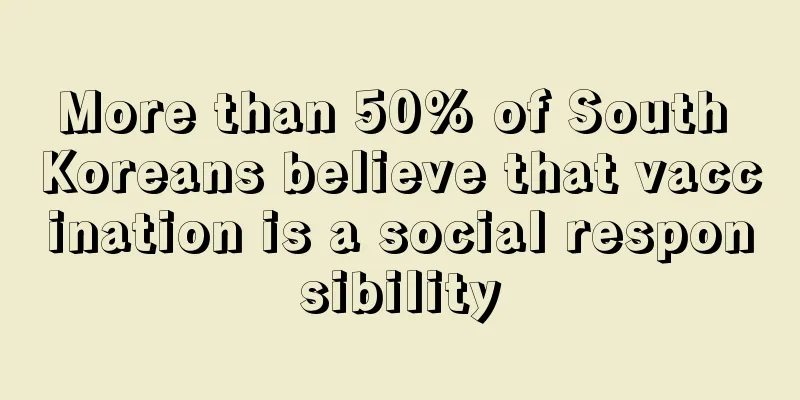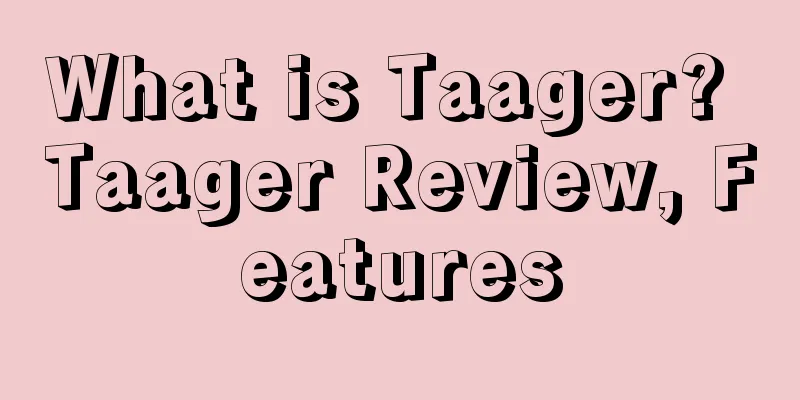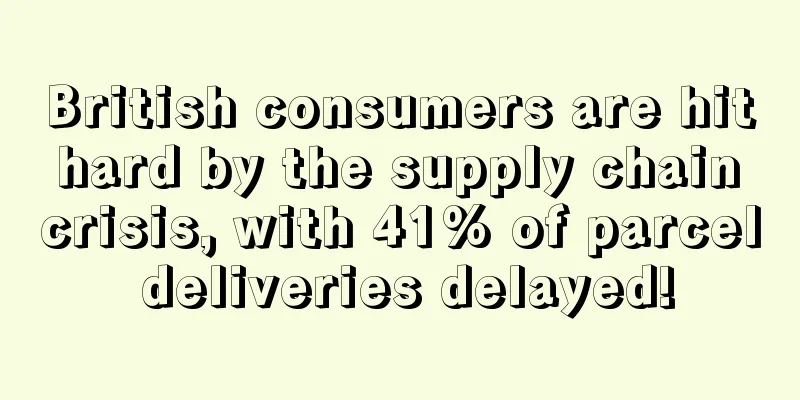More than 50% of South Koreans believe that vaccination is a social responsibility

|
Yonhap News Agency reported in Seoul on March 2 that the results of a public opinion poll on vaccines conducted by the Graduate School of Public Health at Seoul National University showed that more than half of Koreans believe that getting the new crown vaccine is a social responsibility to protect the health of others.
The epidemic plan research team of the Graduate School of Medicine at Seoul National University has four members, including Kim Hong, Yu Myung-soon, Lee Tae-jin, and Cho Sung-il . They conducted a second round of survey on "The COVID-19 Epidemic and Social Health" among 1,884 adults across the country from February 8 to 17.
The results showed that 54.4% of respondents believed that vaccination was "the responsibility of every citizen", 12.5% believed it was a "personal choice", and 26.7% believed it was "both".
In response to the question "Would you be willing to get vaccinated when the safety of the vaccine is scientifically certified and it is free for everyone?", 30.6% of the respondents said "I will definitely get vaccinated", 49.1% answered "maybe I will get vaccinated", and 79.7% of the respondents are willing to get vaccinated.
However, when no preconditions were added, the proportion of those who responded that they were willing to be vaccinated dropped to 52.5% . The proportion of those willing to be vaccinated was proportional to their age, with only 32.9% in the 20-year-old age group and rising to 67.8% in those over 60 years old.
In addition, more than half of the respondents supported the epidemic prevention department 's measure that "vaccination subjects are not allowed to independently choose the type or brand of vaccine" , 46.3% of the respondents expressed "partial support", and 9.6% of the respondents expressed "strong support", totaling 55.9% , and 38.6% answered "no support".
In response to the question "How do expectations and fears about vaccines compare to last year ? ", most respondents answered "expectations and fears are at the same level" at 41.8%, while "expectations are greater than fears" at 30.2% . Secondly , compared with the initial survey in January, the response of "expectations have increased" has increased slightly, while the response of "fears have increased" has decreased slightly.
A professor at the Seoul National University Epidemic Planning Research Group explained, “Through many projects, attitudes toward vaccination are changing , and at the same time, concerns about vaccine side effects are increasing. To address concerns about side effects, the government should provide and be transparent about vaccine information . ”
South Korea vaccine government |
Recommend
Crazy! Capital spent over 600 million yuan to acquire an Amazon seller brand
“Why are there so many sponsors recently?” "...
What is Fossil? Fossil Review, Features
Fossil is a global design, marketing, distribution...
Record-breaking! Global holiday sales to exceed $1.2 trillion
Compared with the historic growth in the e-commer...
What is Soldy? Soldy Review, Features
Soldy is an easy-to-use, no-software-installation,...
What is Shopee Shrimp Chat? Shopee Shrimp Chat Review, Features
Shopee Xia Liao is a professional Shopee platform ...
What is lovelykeep? lovelykeep Review, Features
lovelykeep is a website focusing on sports produc...
Millennials are on the rise! Price is the most important factor affecting Filipino consumers’ purchases
Filipino millennials are the most likely to brows...
Two Chinese-made models were recalled, involving more than 200,000 units
Product recalls are not uncommon, and the categor...
What is Dick's? Dick's Review, Features
Dick's focus on functionality makes Dickies a...
After winning the lawsuit against Amazon, the funds of many sellers were unblocked!
In 2021, Amazon took drastic measures to rectify ...
What is DealsPlus
DealsPlus is a discount deal and coupon informati...
Online net sales increased 34% year-on-year, and A&F revenue in the United States exceeded expectations
On March 2, 2021, Abercrombie & Fitch (A&...
Big loss! Loss of $150,000 for a single product
Here it comes again, check yourself quickly! Well...
What is American Eagle Outfitters? American Eagle Outfitters Review, Features
American Eagle Outfitters was founded in 1977. It...
What is Chit Chats? Chit Chats Review, Features
<span data-docs-delta="[[20,{"gallery"...









